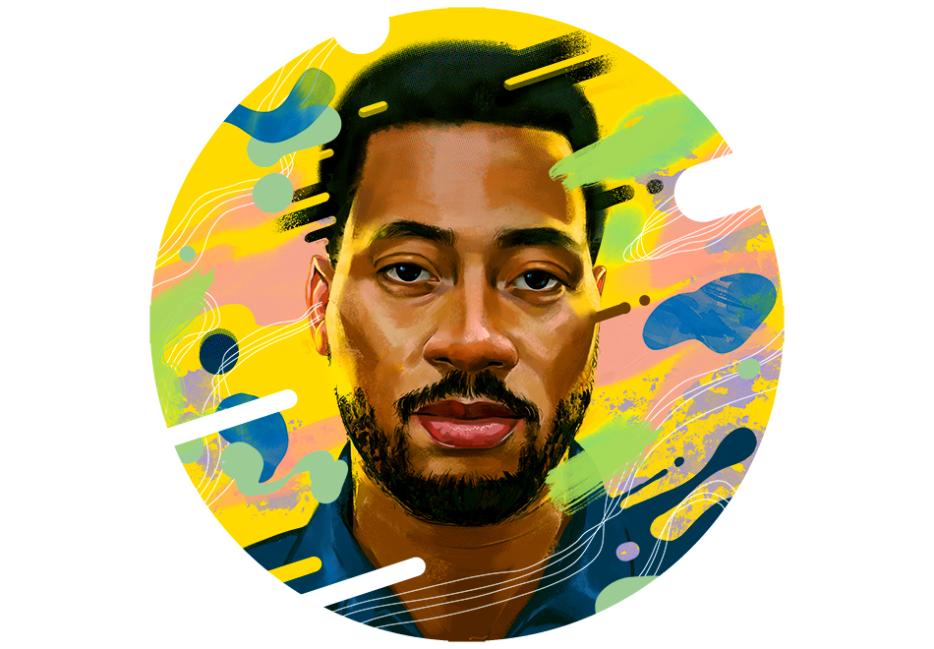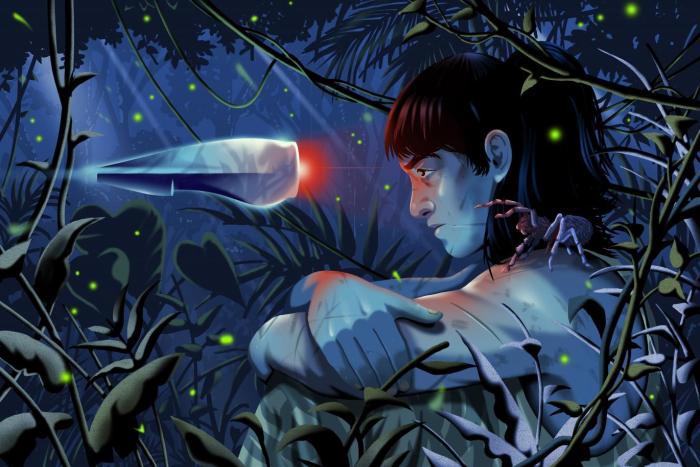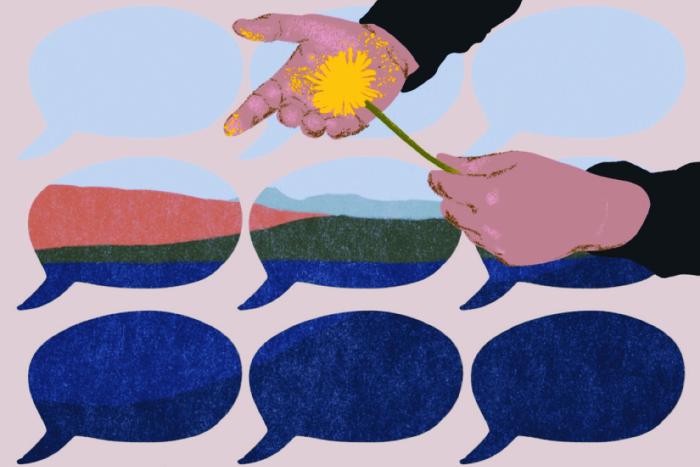Welcome to Mind in Bloom, a column deconstructing current events, music and art.
I was gobsmacked when I read the news that Pitchfork was being folded into GQ by parent company Condé Nast. More than half of their staff were laid off, leaving a skeleton crew of eight to steer the ship into whatever new incarnation the site will be taking.
Of course, the contemporary media landscape is fraught with constant reminders of the written word’s flagging relevance. Both established favourites and burgeoning upstarts are being gutted and phased out every quarter. (Just a few months ago, half of Bandcamp’s staff was laid off after the music site was acquired by Songtradr.)
But this one felt different. Pitchfork was not some failing entity. It was the most respected publication in music. PR campaigns in the tens of thousands are based around the whims of this website. A now-deleted tweet by a Condé Nast employee claimed that Pitchfork had “the highest daily site visitors” of any site in their entire portfolio. Pitchfork seemed too big to fail, the tastemaking, trend-defining music journalism outlet that many loved to hate but couldn’t quite bring themselves to ignore.
I’ve been on both sides of the pen, having written reviews for Pitchfork back when I was a seventeen-year-old rap nerd with an inflated sense of critical superiority, as well as having my music covered several times in the years after that. When I wrote there in 2003, the site was not yet the profitable brand it would eventually become. There was no eponymous music festival. My reviews were edited by founder Ryan Schreiber himself and the site still had the flavour of the music blog it was initially, when he started it from his Minneapolis bedroom in 1996.
The spirit of Lester Bangs was coursing through the site, which became known for ridiculously purple prose and an electric verbosity that could thrill or grate, depending on the reader. If I mentioned that I wrote for Pitchfork to a local scenester at a bar around that time, there was only a fifty-fifty chance that they would know what I was talking about.
As time went by, Pitchfork’s influence grew exponentially. It turned out that writing about obscure independent music that wasn’t getting covered anywhere else could attract a sizeable audience. The so-called “Pitchfork effect” transformed bands like Broken Social Scene and Arcade Fire into global stars overnight after glowing reviews. Pitchfork is largely responsible for Montreal being perceived as “the new Brooklyn” for a time, with artists like Grimes being boosted into the stratosphere by their coverage. Pitchfork had the Midas touch; they could help turn your industrial, artist-friendly neighbourhood into a gentrified corporate hub with just a few well-placed keystrokes about some local bands.
At the height of the site’s cultural significance around the turn of the decade, every musician that I knew pretended that they didn’t care about their reviews, even though we all frantically logged in every morning to see what had earned approval or scorn. To have your music given such a deep level of consideration was an honour. It could change your life or it could end your career. Clicking the link to your album review was like opening Pandora’s box. You feared it, you respected it. Though no one would publicly admit it, the power of Pitchfork hung over our heads, carrying real psychic weight that possibly even influenced how the music was being made to begin with.
That influence had been on the decline in recent years and suddenly feels like a distant memory. I fear that Pitchfork’s restructuring could be the precursor to another example of what Cory Doctorow calls “enshittification.” This refers to the phenomenon of tech companies intentionally sacrificing the user’s experience for increased profit, subsequently destroying their own app in the process. I can foresee a future where there’s a new paywalled incarnation of Pitchfork under GQ that doesn’t perform well enough, thus justifying Condé Nast getting rid of the site for good.
When Condé Nast acquired Pitchfork in 2015, chief digital officer Fred Santarpia cluelessly waxed on about bringing “a very passionate audience of millennial males into our roster.” Why do these corporations buy platforms without understanding or appreciating the thing that they’re purchasing? The fact that they somehow now see significant crossover between the audiences of Pitchfork and GQ, a magazine that breathlessly tries to convince men that we need to buy a $75,000 watch to be our most masculine selves, is baffling. And when their vision of what their asset is turns out to be unaligned with what they expected, they inevitably lose interest, ready to throw away their toy.
The cruel irony about Pitchfork getting restructured now is that the site has never been better. Shaking off their somewhat deserved reputation as a white male indie-rock circle jerk, Pitchfork prioritized diverse voices and artists more than ever under editor in chief Puja Patel. When I returned to Pitchfork for a Sunday Review of Freestyle Fellowship’s Innercity Griots in 2020, I was deeply impressed by the meticulous rigour of the editing process. They didn’t just hope that we got everything right; it felt as if they absolutely had to. The increased scrutiny of their readership pushed them to an unbelievably high standard. Pitchfork’s staff was determined to make every piece they published the definitive record for any album that they covered.
At their best, Pitchfork’s writers had the clear-eyed ability to cut through the artifice, mythmaking and PR around an artist to get to the heart of a record. I worry that we’re at risk of losing that in the social media age, where people who weren’t there in the first place and don’t know the context around what they’re discussing are thoughtlessly dropping ahistorical takes that get rewarded with thousands of views every day. Pitchfork being shaken up matches the overall trajectory of the online culture that the publication once defined. Longreads about obscure bands are no longer the order of the day. Snappy TikToks by a random teen about the best dream pop albums of all time are where it’s at.
Look at the backlash around Angelica Jade Bastién’s Vulture review of Beyoncé’s Renaissance: A Film. Being a critic today requires the bravery to withstand hordes of fans who brand you a hater and send you endless vitriol if you don’t rubber-stamp every new release by their faves. There’s a difference between a critic and a fan, but with YouTube and TikTok, the line between them is receding from view. We may soon see a time where an entire generation has forgotten what criticism actually is, what it means and what it looks like to hold artists to a higher standard.
If it weren’t for Pitchfork, I might’ve never found a significant audience for my writing or my music. The joy of reading a review that adds depth and context to a piece of music is something that has illuminated my life time and time again. Hopefully, we’ll see the jettisoned writers and editors of Pitchfork banding together to create something new and writer-owned, where they control the means of production and can write without having to look over their shoulder at Anna Wintour’s disapproving face.






